Muscle Stiffness
The muscle stiffness is when the muscles start to feel tight and find it more difficult to just move than you do mostly, mainly after rest.

Muscle stiffness occurs when muscles feel tight and challenging to move. This condition can significantly impact daily activities, causing discomfort, limited mobility, and difficulty performing routine tasks like walking or lifting objects. It affects people of all ages and can hinder overall quality of life, making simple movements painful and strenuous.
Trapezius Muscle Stretch
This physical therapy exercise works best for neck pain treatment. This physical therapy exercise is useful in cases of neck pain and cervical spondylitis. The exercise is effective for stretching the trapezius muscle.
What is Muscle Stiffness?
Muscle stiffness is a condition that causes discomfort by making your muscles feel tight and hard to move. It can happen after physical activity, from poor posture, or staying in one position too long.
It is also known as muscle tension or tightness, a common condition affecting people of all ages. It may result in muscle pains, discomfort, and cramping. Muscle stiffness is different from spasticity and rigidity. With these two symptoms, the muscle stays stiff even when you are not moving.
Muscle stiffness will be reduced with regular exercises and stretching; you might find some relief, and it may also indicate more serious problems, particularly if you are experiencing other symptoms.
Common Symptoms of Muscle Stiffness
The most common symptom of muscle stiffness is the unending pain you are going through. Even tight leg muscles are one sign that you must visit a doctor. Some of the other symptoms to look for are:
- Muscle cramps: Sudden, involuntary contractions causing intense pain and discomfort, often disrupting activities.
- Muscle spasms: Quick, unexpected muscle contractions leading to pain and temporary immobility in the affected area.
- Joint pain: Persistent discomfort in joints, ranging from mild to severe, often exacerbated by movement.
- Muscle tension: Continuous muscle tightness results in discomfort, limits range of motion, and causes fatigue.
- Aching and stiffness: Persistent, dull pain and reduced flexibility in muscles and joints, hindering daily activities.
- Fatigue: Constant tiredness and lack of energy, often related to muscle pain and overexertion.
- Pain worsens with movement: Increased discomfort during physical activity, limited mobility and affecting daily tasks.
- Sleep disturbances: Difficulty sleeping due to pain or discomfort, leading to insufficient rest and fatigue.
- Burning sensation in muscles: A persistent, uncomfortable burning feeling, often linked to overuse or nerve issues.
Muscle stiffness or tightness can be caused by various factors, including muscle injury or strain, inflammation, arthritis, and certain medical conditions. If you are experiencing muscle stiffness, it is important to pay attention to any other symptoms you may be experiencing and speak with a healthcare provider for proper diagnosis and treatment.
Myofascial Pain Syndrome
Myofascial pain syndrome is a chronic muscle pain disorder affecting muscles and connective tissue (fascia). It is characterised by muscle pain, stiffness, and tenderness, often in specific areas of the body known as "trigger points." These trigger points can cause pain to radiate to other areas of the body and can be triggered by activities such as lifting, carrying, or even talking. Various factors, including muscle overuse, injury, stress, and poor posture, can cause it. It is often treated with a combination of techniques, such as massage therapy, stretching, and physical therapy.
It's important to consult with a healthcare provider for an accurate diagnosis and appropriate treatment plan. They can recommend the most effective treatment options based on the severity and specific characteristics of your myofascial pain.
Muscle Stiffness Causes
The common causes of muscle stiffness are exercises, lifting weights, and physical work. Stiffness could be caused when getting out of bed or spending a lot of time sitting in a chair.
Strains and sprains are some common reasons. These sprains can cause redness, pain, swelling, and limited movement. Some of the other conditions causing stiff muscles are:
- Infection
- An insect sting or bite
- Injury from extreme cold or heat
- Medication or anaesthesia is used for surgery.
- Dehydration
- Poor posture
- Cold weather
- Stress and tension
- Prolonged periods of inactivity
When to See a Physiotherapist
Call your doctor if you are unsure of the cause of your muscle spasm. Make sure to seek medical attention if you experience it with other symptoms like
- Fever with neck stiffness
- Extreme weakness
- Feel tight
- Pain, redness, and swelling in areas where you are experiencing muscle stiffness
- Muscle pain starts after taking the medicines.
- If the body aches persist for more than two weeks without improvement.
These are a sign that there might be one underlying condition you need to deal with.
Risks of Muscle Stiffness
Certain conditions can increase the risk of muscle stiffness and pain. If left untreated, tightness can lead to a number of negative effects on the body. Some potential risks associated with muscle stiffness include:
- Arthritis: Arthritis causes some chronic joint inflammation. Most people with arthritis will experience stiffness and joint pains.
- Fibromyalgia: It is one chronic illness causing all musculoskeletal pain and fatigue.
- Tunnel syndrome: These conditions will cause pinched nerves or severe nerve compression, which can be stated as tunnel syndrome.
- Decreased range of motion: Tight muscles can limit the range of motion in joints, making it difficult to perform everyday activities such as reaching, lifting, or bending.
- Multiple Sclerosis: This condition involves immune system attacks on the nervous system, leading to muscle stiffness and spasms.
It is important to address tightness and prevent it to avoid these potential risks. Stretching, regular exercise, and good posture can help prevent muscle tightness and maintain flexibility and mobility. If you are experiencing muscle tightness, you must speak with a healthcare provider for proper diagnosis and treatment.
How to Prevent Muscle Stiffness
With simple changes and proper muscle stiffness treatment, you can significantly prevent muscle stiffness and need not visit a physiotherapist for help.
- Exercise regularly
- Stretch up your muscles
- Warm up and down before and after exercising
- Wearing proper footwear while exercising
- Practicing good posture
- Wearing warm clothes in cold weather
- Ensuring that the work and home furniture give you support and comfort
- Avoid some extended periods of inactivity
- Try to stay hydrated to keep muscle stiffness at bay, as dehydration can lead to muscle cramps and muscle spasms.
Diet and Muscle Health: What You Need to Know
A well-balanced diet can reduce muscle stiffness and discomfort by providing the body with the nutrients it needs to maintain healthy muscle tissue. Staying hydrated and eating a nutritious and varied diet with enough protein is always essential for a healthy lifestyle. It can further help in reducing the chances of muscle stiffness. Certain nutrients, such as vitamin D, calcium, and magnesium, are important for maintaining healthy muscles. Sources of these nutrients include avocados, bananas, dairy products, dark leafy greens, fatty fish, fortified foods, and nuts and seeds. Ensuring that these nutrients are part of your diet can help reduce muscle stiffness and discomfort. Dehydration can lead to cramps and spasms, so drink water daily and consider herbal teas or fruit-infused sparkling water.
Foods that are processed and sugary should be avoided (such as candy, baked goods, and fast food). These foods can increase inflammation in the body, contributing to stiffness and discomfort.
It's important to note that diet is one-factor affecting muscle health and stiffness. Other factors, such as exercise, sleep, and stress management, can also play a role in maintaining healthy muscles.
Treatments for Muscle Stiffness
Several treatments can effectively reduce stiffness and discomfort caused by tight muscles and muscle tension. Here are a few options:
- Stretching: Stretching can help lengthen tight muscles and improve flexibility, reducing stiffness and discomfort. It's important to stretch gently and hold each stretch for at least 30 seconds to allow the muscles to relax and lengthen.
- Massage: Massage can help relax tight muscles and improve circulation, reducing muscle cramps and soreness. Massage therapy may be particularly helpful for relieving muscle tension and improving muscle function.
- Heat or cold therapy: Applying hot and cold therapy to the affected area can help to reduce muscle stiffness and discomfort. Heat can relax tight muscles, while cold can help to reduce inflammation.
- Exercise: Regular exercise can help strengthen and stretch muscles, reducing stiffness and discomfort. It's important to choose exercises that are appropriate for your fitness level and to warm up before exercising to help prevent muscle strains.
- Over-the-counter pain medication: Non-steroidal anti-inflammatory drugs can help to reduce inflammation and pain. These medications may be particularly helpful for relieving muscle cramps and spasms.
- Physical therapy: A physical therapist can work with you to develop a treatment plan that may include exercises, stretches, and other techniques to reduce muscle stiffness and discomfort caused by tight muscles and muscle tension.
- Cupping Therapy: A therapeutic technique that uses suction to increase blood flow, relieve muscle tension, and promote relaxation.
- Ultrasound therapy: Uses high-frequency sound waves to promote blood flow, reduce muscle tightness, and support healing in deep tissues, helping relieve stiffness and discomfort.
It's important to consult with a healthcare provider to determine the nature of your muscle tension. They can recommend the best course of action based on the cause of your muscle stiffness and overall health.
Related Conditions
There are some associated conditions to consider regarding muscle stiffness. Physiotherapists can work on some added neurological disorders while treating stiffness or muscle spasms using a combination of therapeutic exercises, manual techniques, movement retraining, and supportive muscle taping methods. So, make sure to keep the number of a physiotherapist handy.
Physiotattva: Your Partner in Managing and Preventing Muscle Stiffness
At Physiotattva, we provide expert guidance and comprehensive strategies to manage and prevent muscle stiffness. Our holistic approach includes personalised physical therapy, nutritional advice, and tailored treatment plans. We emphasise regular exercise, proper hydration, and effective stress management to maintain healthy muscles and flexibility. With Physiotattva, you receive the support and expertise needed to alleviate discomfort and enhance your quality of life.
Consult with us today for a customised approach to muscle health and well-being. Book now!
Frequently Asked Questions
What diseases can cause muscle stiffness?
SPS is one rarely acquainted neurological problem, which is characterised by progressive stiffness in muscles and repeated episodes of painful spasms. Other than that, muscle stiffness is a common phenomenon when your muscle gets to work overtime.
Can you consider muscle stiffness to be bad?
When the muscle starts feeling tight and difficult to move without pain, then you can feel the stiffness. It is mostly accompanied by cramping, pain, and discomfort. With simple therapies, you can get rid of the pain easily.
What vitamins are good for muscle stiffness?
Work on a diet that has vitamin B12, Vitamin C, and Vitamin D to help keep your muscle stiffness at bay.
Frequently Asked Questions
What diseases can cause muscle stiffness?
SPS is one rarely acquainted neurological problem, which is characterized by progressive stiffness in muscle and repeated episodes of painful spasms. Other than that, muscle stiffness is a common phenomenon when your muscle gets to work overtime.
Can you consider muscle stiffness to be bad?
When the muscle starts feeling tight and difficult to move without pain, then you can feel the stiffness. It is mostly accompanied by cramping, pain, and discomfort. With simple therapies, you can get rid of the pain easily.
What vitamins are good for muscle stiffness?
Work on a diet that has vitamin B12, Vitamin C, and Vitamin D to help keep your muscle stiffness at bay.




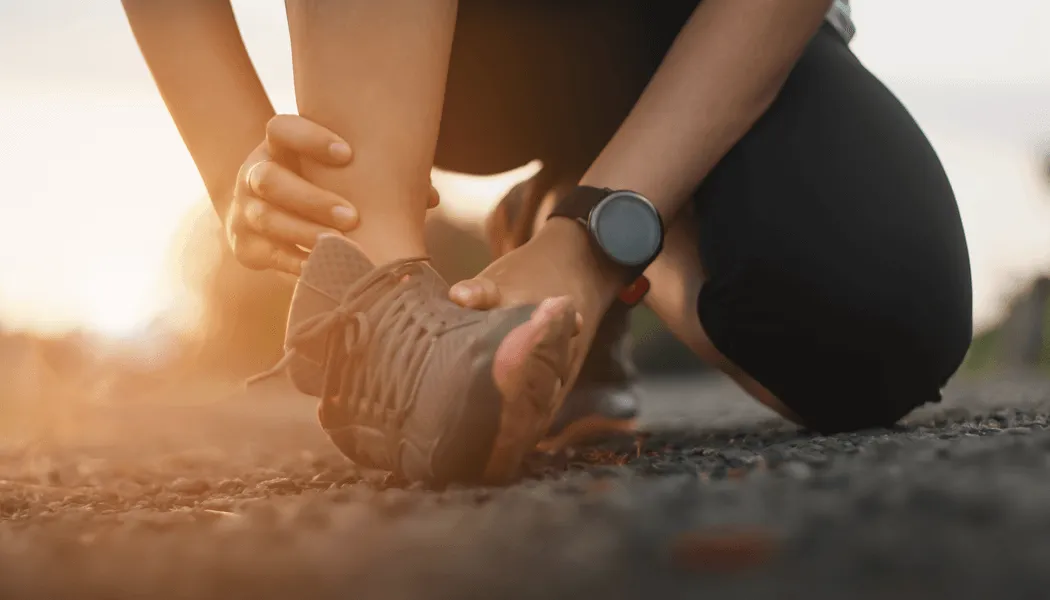
.webp)





.webp)

.webp)
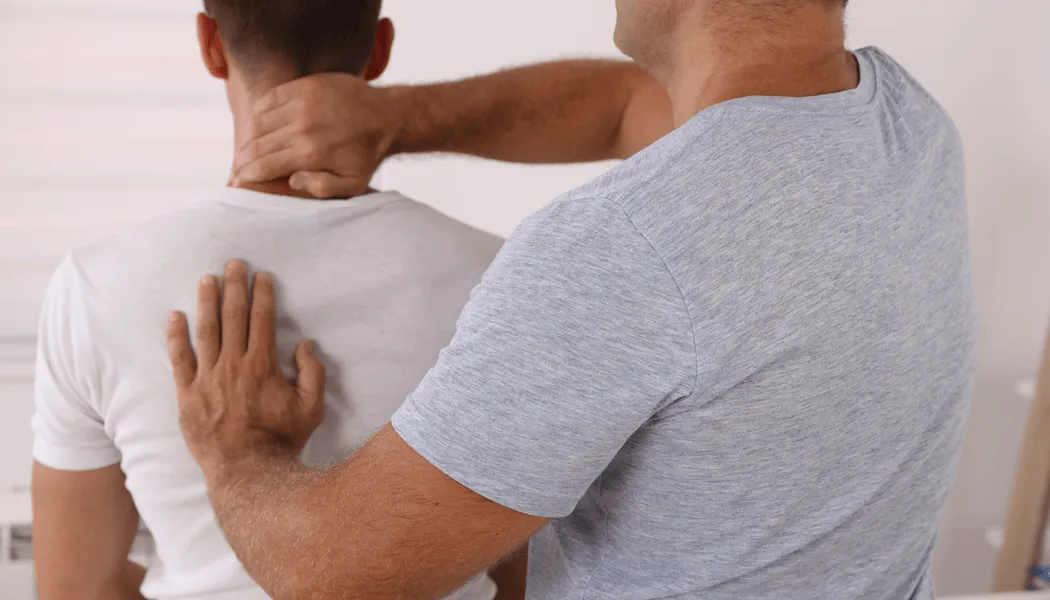
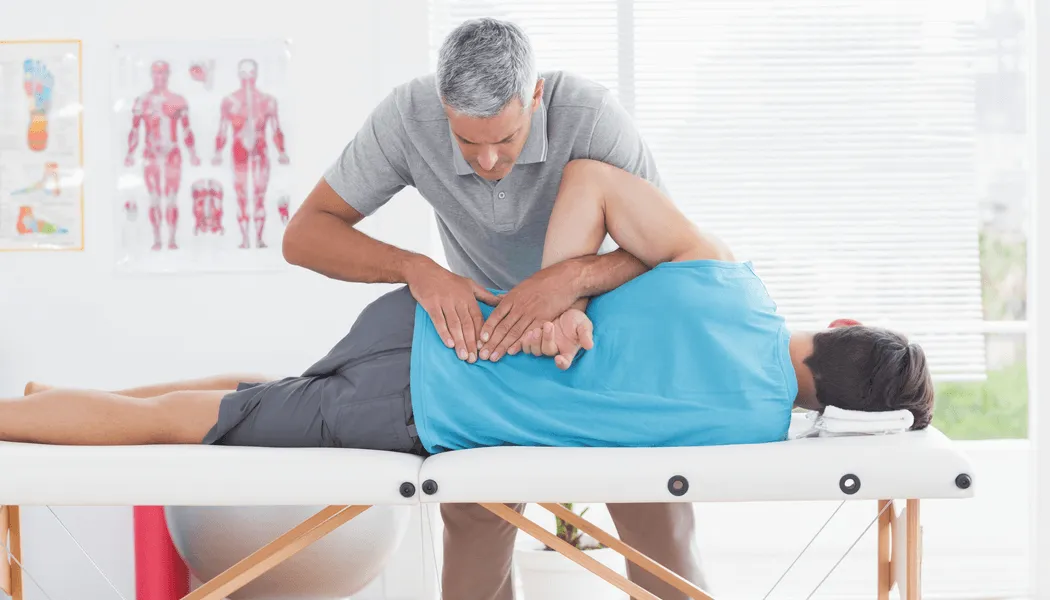

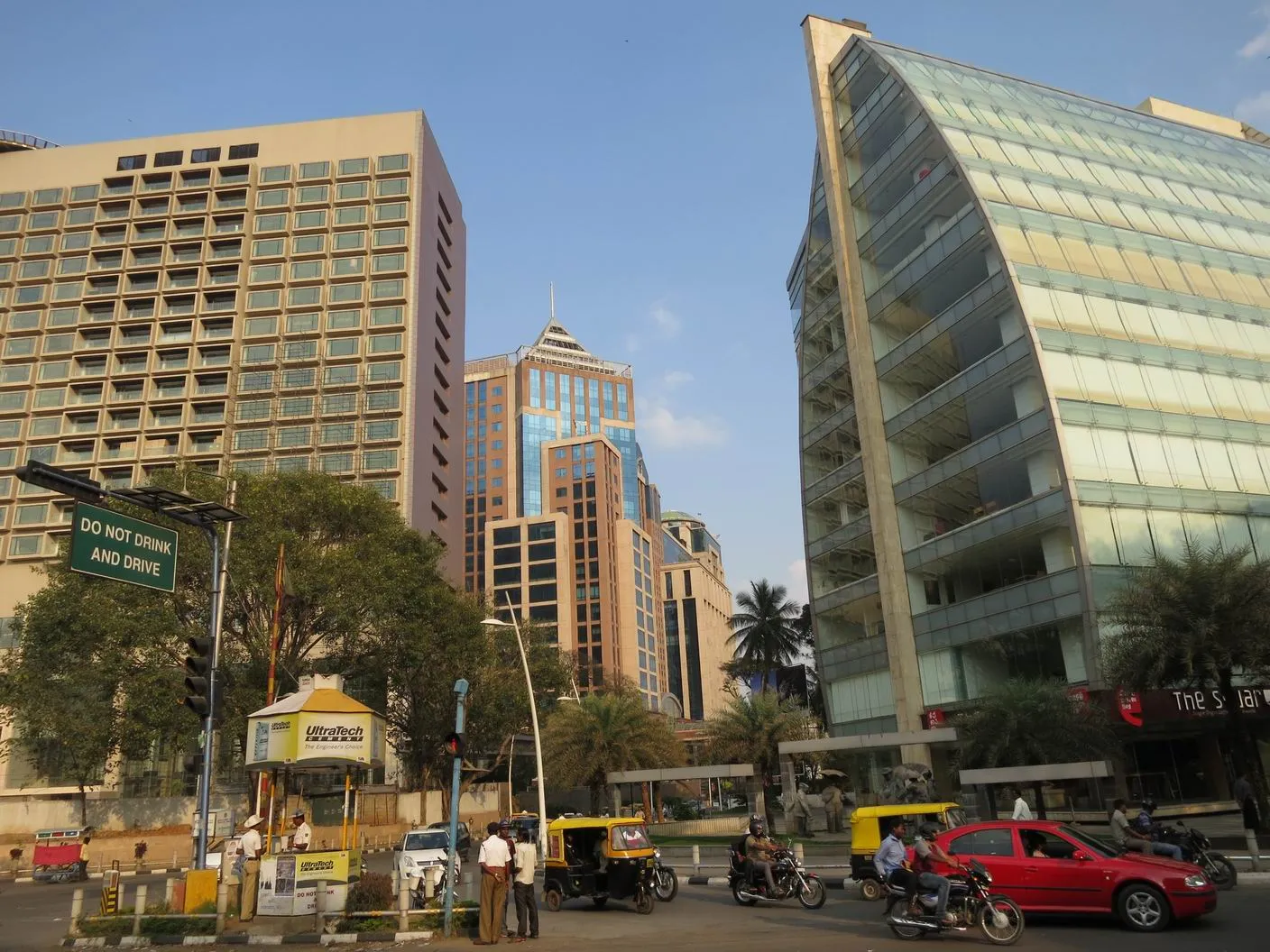
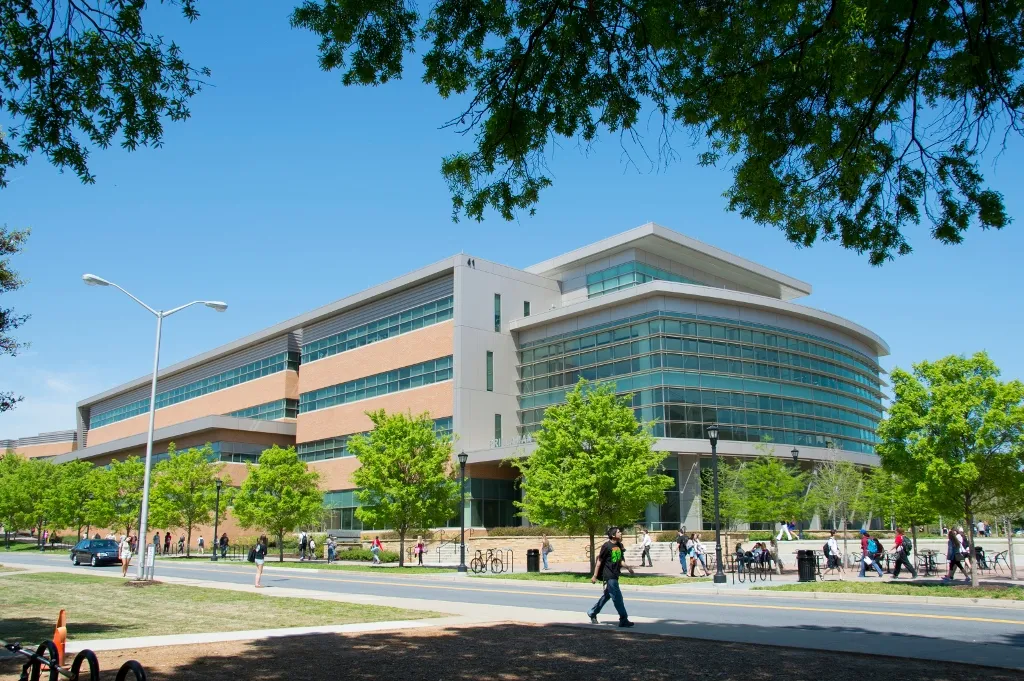



%20(1)-p-3200.jpeg)
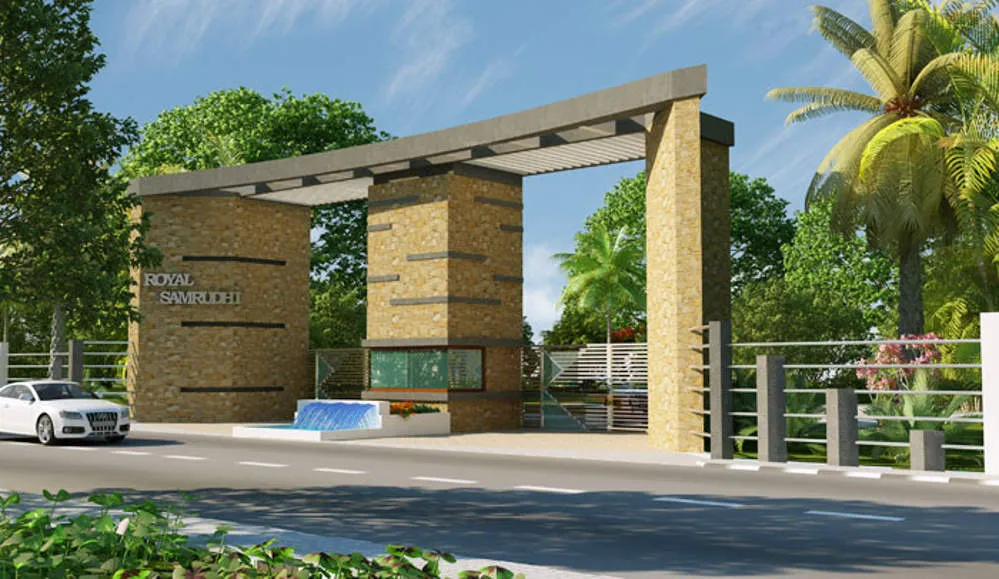
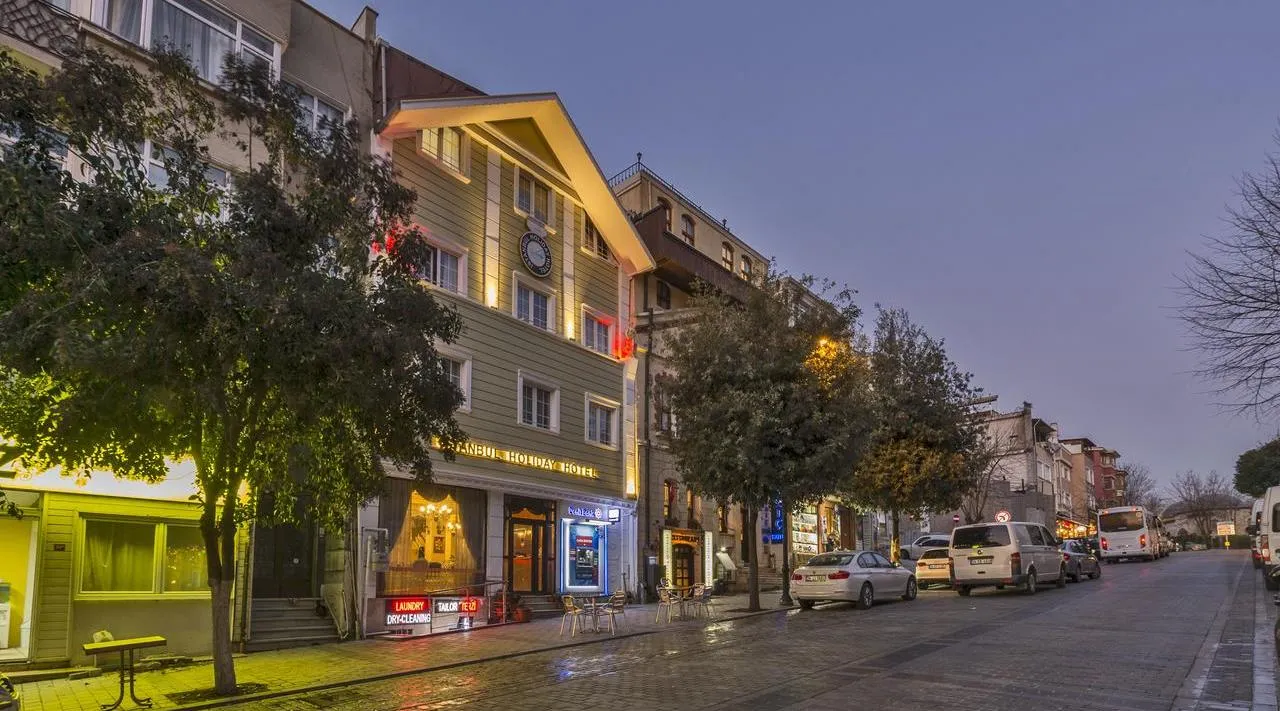
.jpg)
.webp)
.webp)
.webp)




.webp)



